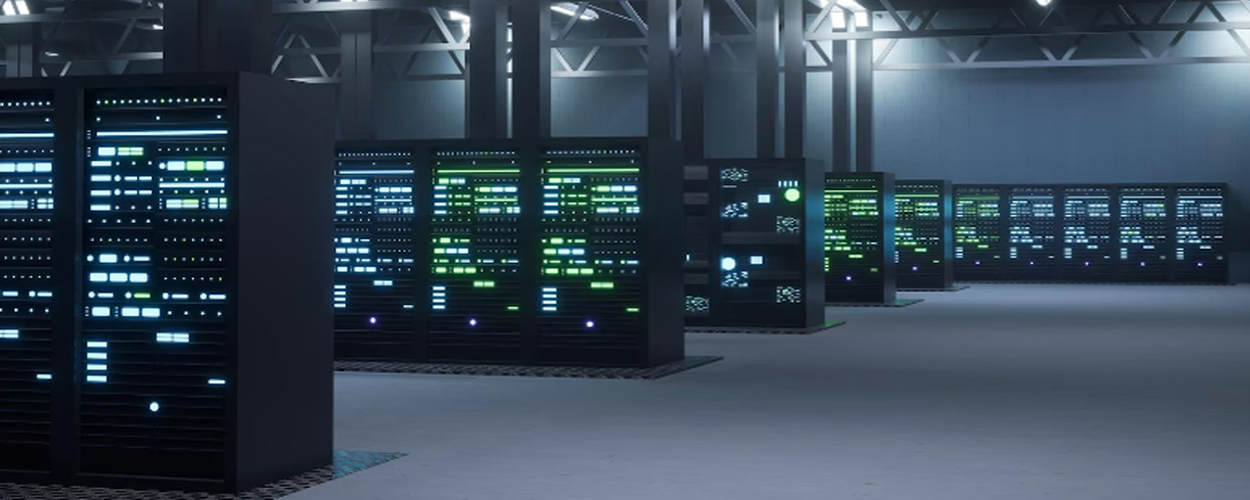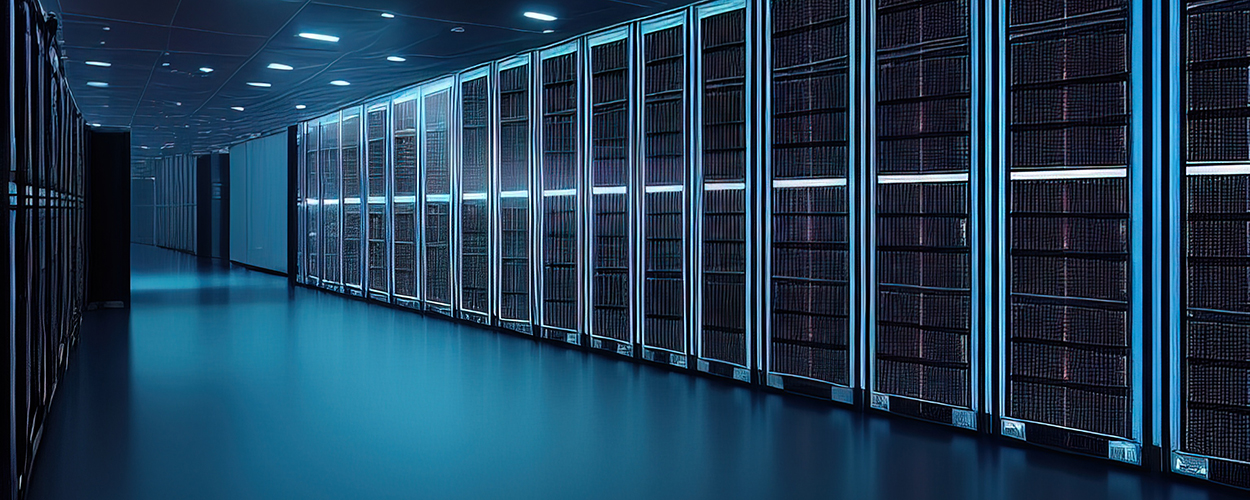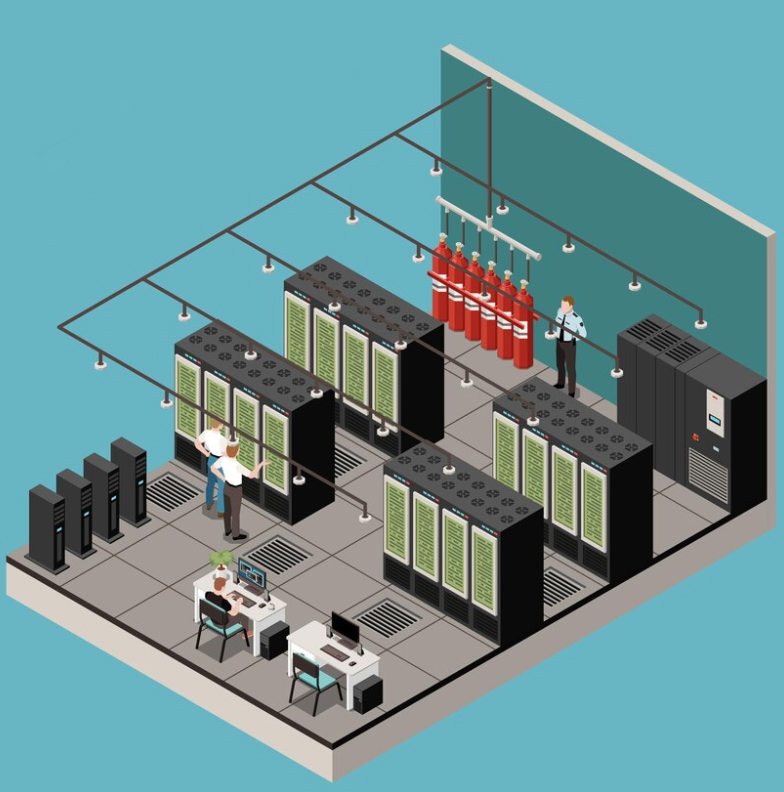PRODUCTS
Gas fire extinguishing systems operate based on two main principles;
1- Absorbing the heat of the environment, reducing the ignition temperature of burning materials below their combustion point
2- Reducing the oxygen level in the environment below the minimum required 14% for combustion
These systems are used in special areas that need to be protected from water damage.
Gas fire extinguishing systems ensure the quick continuation of our systems' operation without causing damage to the environment after the fire extinguishing process.
Clean gas extinguishing systems can be used in rooms where people are present under certain conditions.
Non-clean gas systems can only be used in certain areas without any living beings under special conditions.
Since these systems do not have electrical conductivity, they are safe for humans and the environment.
Gas fire extinguishing systems are widely used because they do not leave pollution after extinguishing and offer flexible usage options.
Therefore, they are especially preferred in critical areas of vital importance.
Server Rooms
Battery and UPS Rooms
Electrical and Panel Rooms
Transformer and Generator Rooms
Flammable Liquid Storage Areas
Data Centers
Archives
Libraries
Banks
Museums
Battery and UPS Rooms
Electrical and Panel Rooms
Transformer and Generator Rooms
Flammable Liquid Storage Areas
Data Centers
Archives
Libraries
Banks
Museums
The most preferred design standards for these systems worldwide are NFPA2001, EN15004 / ISO14520.
The design should be made according to the same standard covering the entire system and equipment, and the product types should be selected accordingly.
It is very important that the systems are tested and approved by internationally accredited organizations such as UL, FM, LPCB, VdS.

Clean Chemical Gases
FK-5-1-12 (NOVEC1230, FK1230 or similar trade name)
HFC227EA (FM200 or similar trade name)
HFC125 (ECARO25, FE25 or similar trade name)
Clean Inert Gases
IG-01 Argon (100% Argon gas)
IG-55 Argonite (50% Argon + 50% Nitrogen)
IG-100 Nitrogen (100% Nitrogen)
IG-541 Inergen (52% Nitrogen + 40% Argon + 8% CO2)
Non-Clean Gases
CO2 – Carbon Dioxide (100% Carbon Dioxide gas)

X
We use legal cookies to provide you with a better service. For information COOKIE POLICY ve PRIVACY POLICY Check out our sections.

